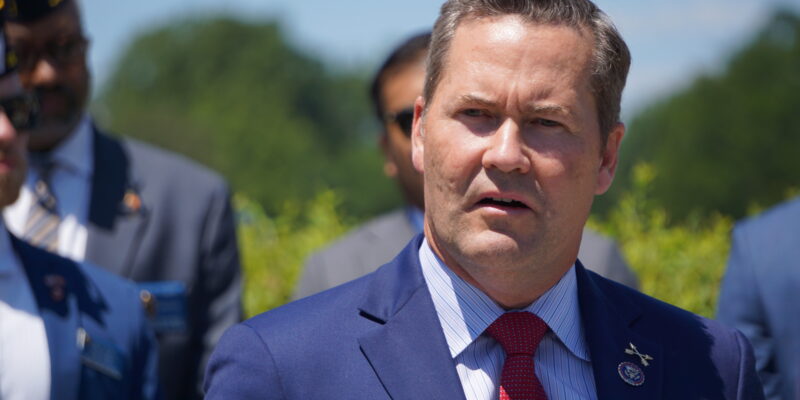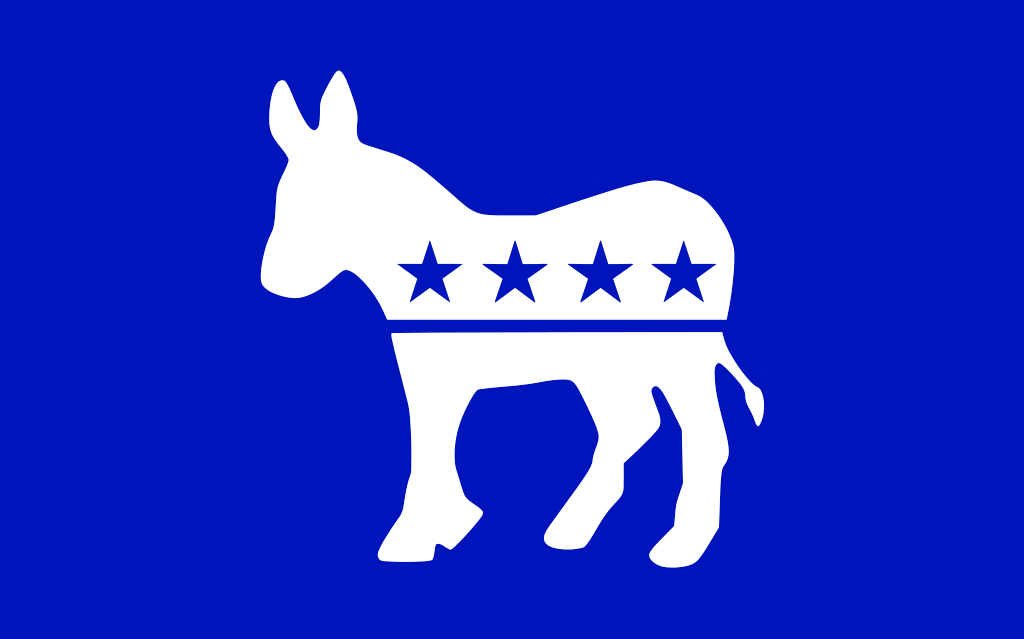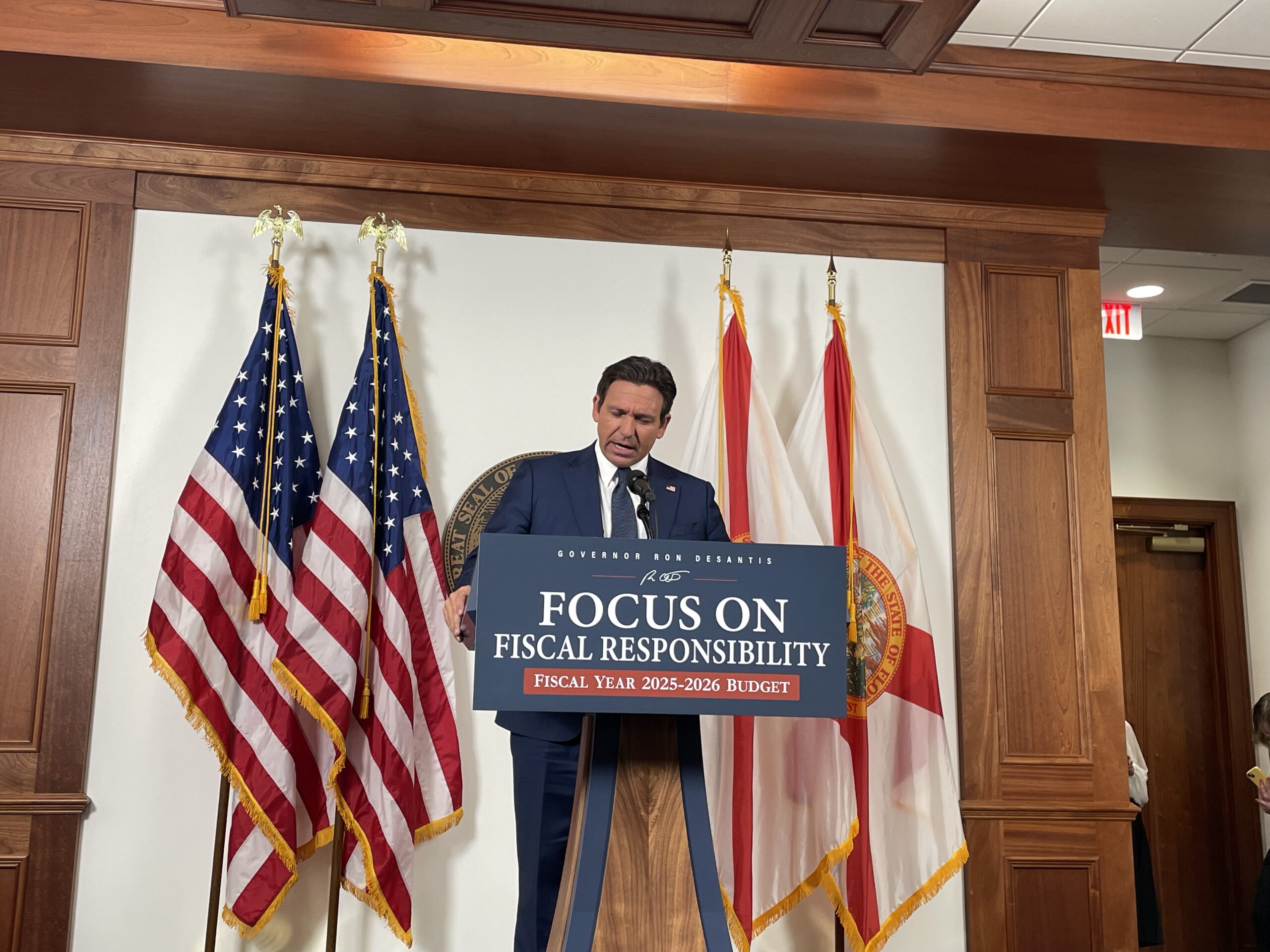This week, the House passed the bipartisan Coastal Communities Ocean Acidification Act of 2023. The effort led by Florida Rep. Mike Waltz (R) and Minnesota Rep. Chellie Pingree (D) seeks to further protect coastal communities.
The bill was introduced in January, and it directs the National Oceanic and Atmospheric Administration (NOAA) to support efforts protecting coastal communities. Particularly, it supports underserved and rural coastal communities that are facing impacts of ocean acidification. It better equips them with the proper resources to address concerns.
In a statement, Rep. Waltz noted that “Florida’s waterways are essential to our economic growth and prosperity."
“As Floridians, we have experienced firsthand the devastating effects of harmful algal blooms and red times on our coastal communities,” Waltz shared, calling on lawmakers work on better understanding “the connection between ocean acidification and increased toxicity to prevent them from moving forward.” With the bill passing, he said it’s an indication that lawmakers are “one step closer to bolstering collaboration among all stakeholders working to protect Florida’s waterways.”
Rep. Pingree echoed in his remarks, warning of the dangers of ocean acidification, which poses a threat not only on “our fisheries but the entire blue economy, our marine resources, industries, jobs, and coastal communities like those in Maine.”
“My bipartisan Coastal Communities Ocean Acidification Act will address the growing and far-reaching threat of ocean acidification to help ensure that our ocean industries, including fisheries, and the communities that depend on them, are more resilient to our changing oceans.”
With the bill now heading over to the Senate, Pingree pleaded that Senators should extend their support to ensure the bill makes it to President Joe Biden’s (D) desk.
Further clarifying what the legislation does, a press release from Rep. Waltz’s office shares that the bill will:
· Improve collaboration with and report on efforts to coordinate with state, local, and tribal governments on community vulnerability assessments, research planning, and similar activities,
· Build upon existing ocean acidification activities currently or historically conducted by state, local, and tribal governments,
· Include two representatives from Indian Tribes, Tribal organizations, and Tribal consortia affected by ocean acidification to the Ocean Acidification Advisory Board, and
· Maintain the Ocean Acidification Information Exchange to support data sharing on ocean acidification research, data, and monitoring efforts between Federal experts, non-Federal resource managers, community acidification networks, and affected stakeholders.











